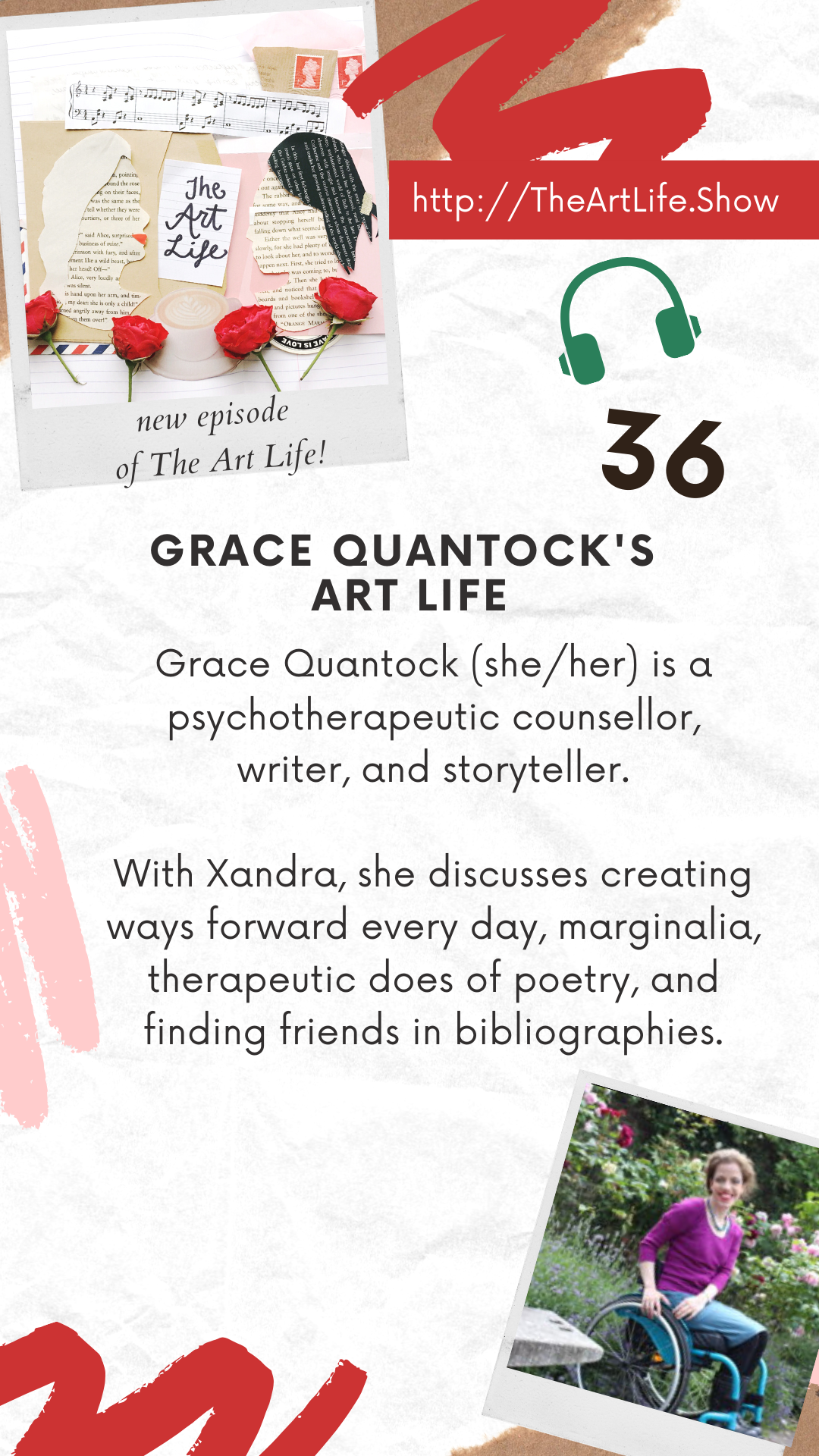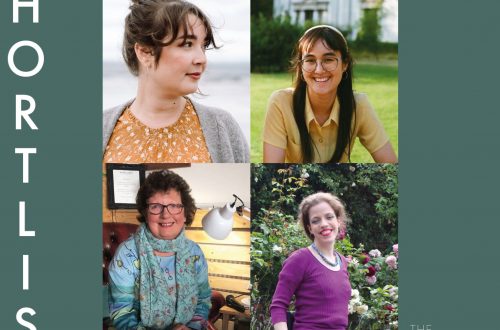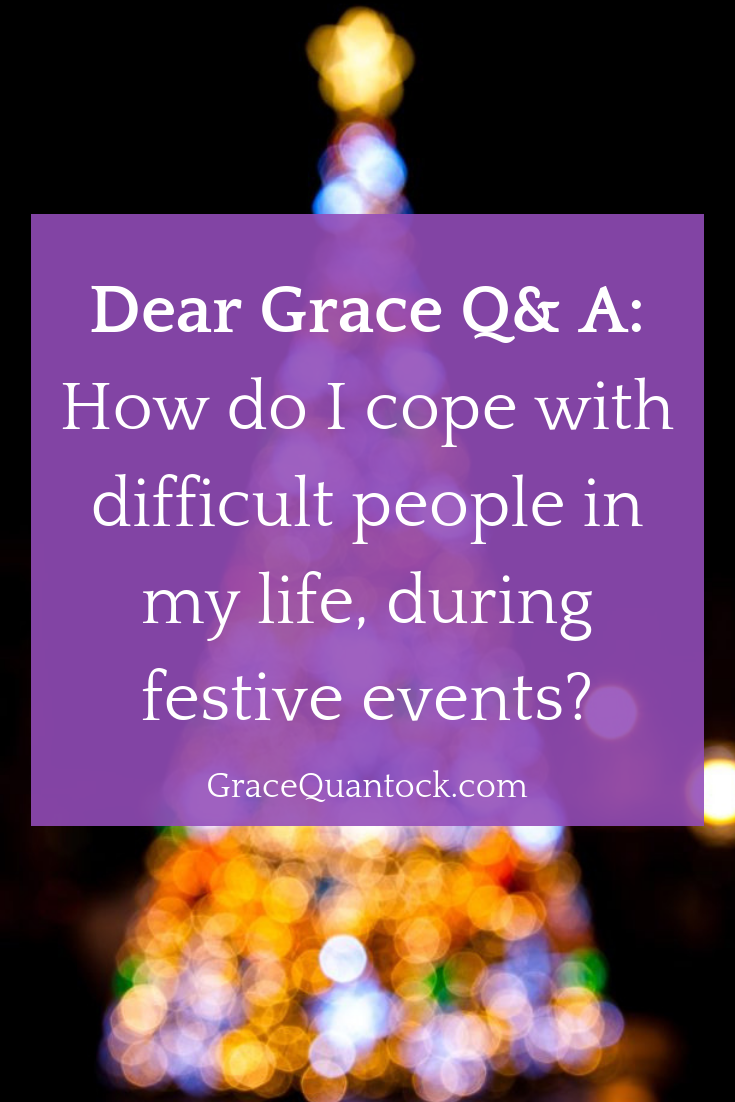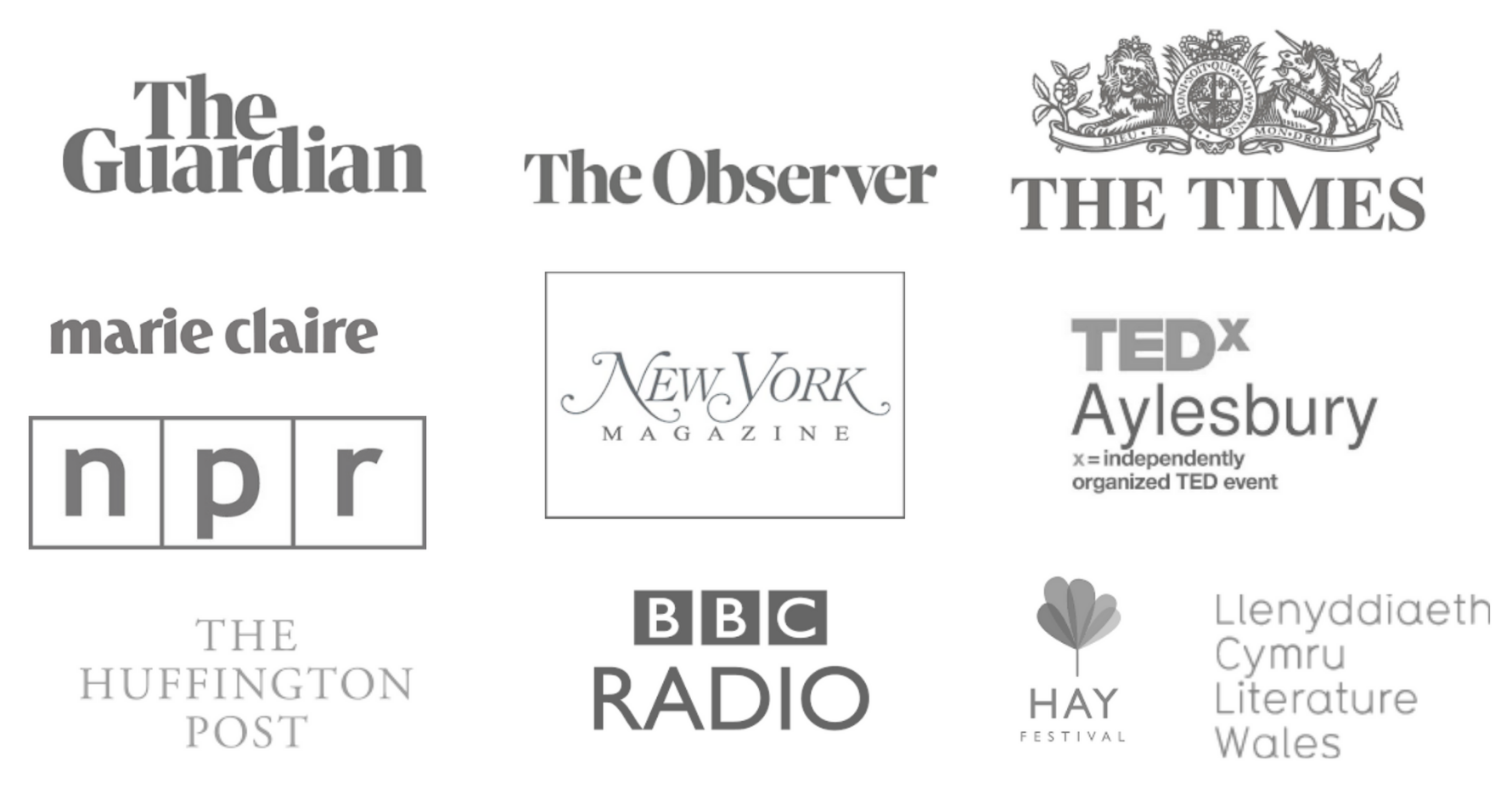
Making Friends In Books
I have many things to thank Xandra Robinson-Burns for:
- She introduced me to Passion Planners, which are the love of my life.
- I got to be the Healer on her online Hogwarts-esque course (pre-JKR transphobia and racism coming to light). While my feelings to the franchise have shifted, I still very much enjoyed working with Xandra and her students.
- The gorgeous micro-essays in her Heroine Training Newsletter are literally one of the only things I enjoy reading on the internet.
But I am also utterly grateful for the delicious conversation we got to have on her The Art Life Podcast.
In speaking to Xandra, I realised that perhaps not everyone approaches books as I do, (as friends and long-time companions). So I wanted to explore my bibliotherapy further here.
How I make friends in books:
- I embrace marginalia
I write in the margins, having conversations with the text, the author and my future and past selves.
I have a code where a circled J means a point I need to journal about as it’s raised something for me. And a star is a point I need to take action on.
I make a notation on the front pages of the book the date I’m reading and a brief piece about what’s happening for me at that time. Then as I read and re-read I can see my shifting thinking in different colours of annotations.
We talk lots more about this in the podcast itself.
2. I capture the creativity on index cards
I was lucky enough to take Esmé Wang’s Indexing For Creative Discovery craft seminar.
From this, I developed my practice of using index cards as I read.
I note parts of the page that speak to me and mark those pages with post-it notes. Ideas I am passionate about get put onto index cards right away. The others I sift when I come back to the book a fortnight or month later.
That’s the other thing I do, I spend lots of time with my books, rather than seeking out more. Once I’ve read something, I make a plan to implement it in a way that works for me and review the plan to see what I want to keep.
After reading a passage, I ask what my take-aways are for this session. This small step increases retention and means I feel feed rather than just full of words. It’s beginning the process of digestion and processing. I’ll often recount what I’ve read to my partner, this too helps me to sift and we have conversations about the material, it weaves into other ideas. All these are ways the words move from a page to become integrated into my thinking, life and body.
3. I interrogate and am always looking under literary and metaphoric rocks
I don’t just read the text: bibliographies, acknowledgements, who published the book and when. All this matters, it’s recommended reading and the ethnographic data that surrounds the book. I know people often look at the acknowledgement sections of books they love to see what agents and editors may be receptive to their type of work. But here, I’m talking about finding new teachers, ideas and concepts that build our work itself.
I have always studied with my teacher’s teachers, it’s a lineage and it’s part of a wider process.
There’s an art to acknowledgements and I know authors have dedicated them in hopefulness to a potential future patron or friend, especially historically. But even that gives you a context. Read like a historian.
I contribute to this too, there’s data of my life with each book. The notes, how I reference it and build on it. When I review, recommend, put it on a syllabus, write and thank the author. But the physical book is part of this too; the copy of The Motherpeace Tarot covered in sea water, the inscriptions on my second hand copies that I honour and carry forward, my part of that.
I absolutely love many of the books I read and don’t believe the small royalty the author gets is enough compensation for what their work brings me. So I am committed to, as the wonderful writer Jeanna Kadlec tweeted, being a good literary citizen. What does that look like to me?
Thank you letters to authors, reviews, recommendations, buying their books from independent book shops, attending classes, volunteering as a reader, ordering copies from library. Even leaving postcards for the next reader in my favourites, as Danielle recommended #SendCardsSpreadLove
4. Re-reading is essential
I don’t believe in reading something just once. At least not if I really want to understand it. It’s how I engage with the material. I wouldn’t listen to a song just once or say “I’ve hear that song I don’t need to see the band play”.
Perhaps providentially, I designated 2020 as my deepening year. A year not to take on new projects or do anything that wasn’t already on my plate. So I planned to re-read and re-take past classes, rather than reading anything new for a year.
How has it been? I’m still deep in it and there are exceptions for certain work-related topics but overall it’s been amazing.
In this way, I live alongside the book I’m reading, my questions with it. I don’t expect the author to spoon feed me but I work to understand it. Many books I read include words in the author’s primary or multiple languages. I never expect these to be translated but I look it up or pick it up. As a reader, I’m willing to take steps to meet them where they are. I want to understand, to learn. After all, why else would I be reading?
How do you relate to your books? Let me know in the comments!
N.B: I acknowledge that as I’m neurodiverse and have the privilege of the training, education and educational background I have that makes it possible for me to have this relationship with books. It’s not any better than anyone else’s. What isn’t mentioned here is the rich oral tradition many countries and societies have and how this plays into knowledge. I absolutely respect learning outside the establishment and academy and while I’ve received Welsh and Irish oral teachings, I know these are only a small part of what’s possible and have linked to a academic framework grounded in whiteness and dominant culture that much of my early learning was within.







